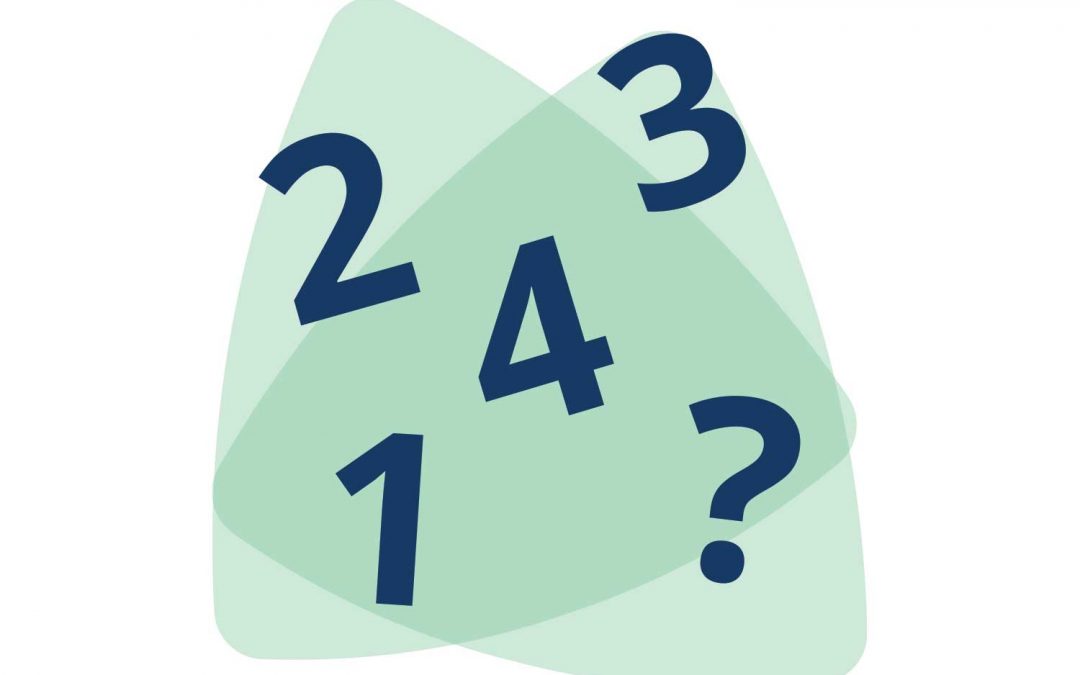What is dyscalculia?
Dyscalculia is a specific learning difficulty (SpLD) that significantly affects a person’s ability to understand and work with numbers. It can have a profound impact on several parts of a person’s life, from academic performance to daily activities. In this blog post, we will explore dyscalculia symptoms, the importance of early recognition and where to get help.
Recognising signs of dyscalculia
Dyscalculia can be recognised by persistent difficulties with mathematical skills and number-related tasks, despite having average or above-average intelligence. Dyscalculia goes beyond occasional maths struggles and is considered a specific learning difficulty (SpLD).
Common dyscalculia symptoms
Recognising dyscalculia symptoms is necessary for early diagnosis and effective intervention. Symptoms and symptom severity can vary from person to person, but they often include:
- Difficulty with basic arithmetic: Dyscalculic people may have difficulty with basic arithmetic operations like addition, subtraction, multiplication and division.
- Number recognition challenges: Difficulty recognising and telling the difference between numbers, especially when they are presented in different fonts or styles.
- Poor number sense: Difficulty understanding the magnitude of numbers, making it harder to grasp concepts like ‘greater than’ or ‘less than’.
- Difficulty with counting: Problems with counting objects, skipping numbers or losing track when counting.
- Difficulty with number facts: Trouble memorising multiplication tables, number sequences and basic maths facts.
- Poor mental maths skills: Difficulty performing mental calculations or estimating quantities.
- Spatial and temporal challenges: Finding it difficult to grasp concepts related to space and time, like reading analogue clocks, understanding maps, and comprehending mathematical symbols.
- Word problems: Trouble understanding and solving word problems, often misinterpreting the language used.
- Difficulty with maths symbols: Problems understanding mathematical symbols and operations, like +, -, ×, ÷, =, and <.
- Difficulty with money handling: Challenges in handling money, working out change and budgeting.
- Inconsistent performance: Inconsistent maths performance, with occasional successes but persistent difficulties overall.
- Maths anxiety: Developing maths-related anxiety and a negative attitude towards maths because of ongoing issues.
The importance of early recognition
Recognising the symptoms of dyscalculia in children means earlier intervention and support. When dyscalculia is identified early, dyscalculic people can get specialised support to develop essential maths skills and strategies to cope with maths-related challenges. This early intervention can make a significant difference in a child’s confidence and overall academic performance.
Getting support
If you think that you are dyscalculic, professional assessment and personalised support can make a big difference to your wellbeing and quality of life. Aim Forward provide the following steps that can help you on your journey:
- Professional evaluation: A qualified educational psychologist or specialist assessor will be able to deliver a comprehensive assessment to determine whether you are dyscalculic
- Develop strategies: If you’ve received a diagnosis, work with professionals (like our experienced needs assessors) to develop personalised strategies for your specific needs. These strategies can help you overcome the challenges associated with dyscalculia.
- Request accommodations: In educational settings like school or university, you can ask for accommodations, like additional time on tests, the use of assistive technology, and individual instruction.
- Build maths confidence: Work on building your maths confidence by practising and using resources and support services available to you.
- Inform others: Make sure your teachers, professors or employers are aware of your dyscalculia: it means they can introduce the accommodations and support you need.
Recognising and addressing dyscalculia helps dyscalculic people overcome their number-related challenges and succeed in work, education and day-to-day life.

